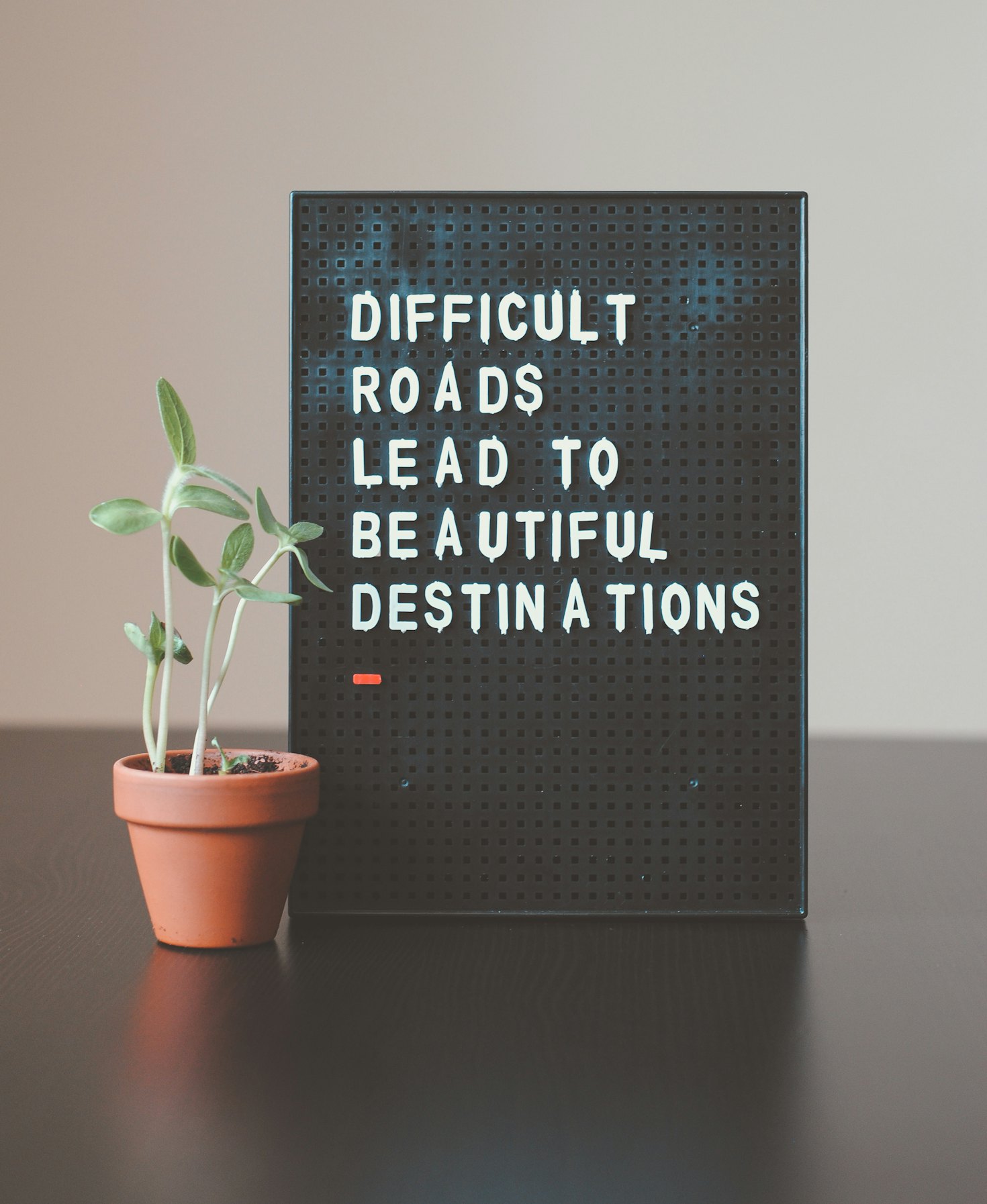The Power of Mindfulness in Everyday Life: A Two-Part Guide
Introduction
Mindfulness, the practice of being fully present and aware in each moment, has the power to transform how you experience life. It reduces stress, improves focus, and enhances emotional well-being. This two-part guide explores the essence of mindfulness and provides an actionable plan to integrate it into your daily routine.
Part 1: Understanding the Power of Mindfulness
1. What is Mindfulness?
Mindfulness is the art of paying attention intentionally and non-judgmentally to the present moment. It shifts your focus from distractions and worries to the here and now, fostering clarity and peace.
- Key Quote:
“Mindfulness is the key to a happy and peaceful life.” – Thich Nhat Hanh
2. Benefits of Mindfulness in Everyday Life
Practicing mindfulness offers a range of mental, emotional, and physical benefits:
-
Reduces Stress: Helps manage anxiety and emotional overwhelm.
-
Improves Focus: Enhances attention and productivity.
-
Boosts Emotional Regulation: Encourages a balanced response to challenges.
-
Enhances Relationships: Promotes active listening and empathy.
-
Key Quote:
“The present moment is the only time over which we have dominion.” – Thích Nhất Hạnh
3. Common Challenges with Mindfulness
Many people struggle to adopt mindfulness due to:
-
Busy Schedules: Feeling there’s no time to pause.
-
Restless Minds: Difficulty focusing on the present.
-
Unrealistic Expectations: Expecting immediate results.
-
Key Quote:
“You should sit in meditation for twenty minutes every day—unless you’re too busy. Then you should sit for an hour.” – Zen Proverb


Part 2: Action Plan to Practice Mindfulness in Everyday Life
Step 1: Start with Small Steps
Begin with manageable practices to build a foundation.
-
Action Steps:
- 1-Minute Breathing Exercise:
- Take a minute to focus on your breath. Inhale deeply through your nose, hold for a second, and exhale slowly.
- Mindful Observation:
- Choose an object nearby and focus on its details—texture, color, and shape.
- Mindful Walking:
- During your next walk, pay attention to the sensation of your feet touching the ground.
- 1-Minute Breathing Exercise:
-
Key Quote:
“Mindfulness isn’t difficult. We just need to remember to do it.” – Sharon Salzberg
Step 2: Build a Mindful Morning Routine
Starting your day mindfully sets a positive tone for the rest of the day.
-
Action Steps:
- Morning Gratitude:
- Reflect on three things you’re grateful for as you wake up.
- Mindful Coffee/Tea:
- Drink your morning beverage slowly, savoring each sip.
- Set Daily Intentions:
- Ask yourself, “What is one thing I want to be fully present for today?”
- Morning Gratitude:
-
Key Quote:
“When you realize nothing is lacking, the whole world belongs to you.” – Lao Tzu
Step 3: Incorporate Mindfulness into Work
Mindfulness can improve focus and reduce stress in your professional life.
-
Action Steps:
- Single-Tasking:
- Focus on one task at a time instead of multitasking.
- Mindful Breaks:
- Take a 2-minute pause every hour to breathe deeply and stretch.
- Email with Intention:
- Before sending emails, pause to consider your tone and intent.
- Single-Tasking:
-
Key Quote:
“Feelings come and go like clouds in a windy sky. Conscious breathing is my anchor.” – Thích Nhất Hạnh
Step 4: Practice Mindful Communication
Engage fully in conversations to foster deeper connections.
-
Action Steps:
- Listen Actively:
- Focus on the speaker without planning your response.
- Pause Before Responding:
- Take a moment to process before replying.
- Appreciate Non-Verbal Cues:
- Notice tone, gestures, and facial expressions.
- Listen Actively:
-
Key Quote:
“Listen with curiosity. Speak with honesty. Act with integrity.” – Roy T. Bennett
Step 5: End Your Day with Reflection
Wind down with practices that help you process the day and prepare for rest.
-
Action Steps:
- Evening Gratitude:
- Write down three positive moments from your day.
- Body Scan Meditation:
- Lie down and focus on releasing tension from each part of your body.
- Digital Detox:
- Avoid screens for at least 30 minutes before bedtime.
- Evening Gratitude:
-
Key Quote:
“The mind is everything. What you think you become.” – Buddha
Daily and Weekly Practices
Daily Practices:
- Practice mindful breathing for 1–3 minutes in the morning.
- Take mindful breaks during work or daily activities.
- Reflect on a mindful moment before sleeping.
Weekly Practices:
- Dedicate 15–30 minutes to a longer mindfulness session, such as yoga or meditation.
- Review your progress in integrating mindfulness into your routine.
- Engage in a mindful activity like journaling or walking in nature.
Overcoming Challenges
1. Struggling with Distractions
- Solution: Acknowledge the distraction and gently return your focus to the present moment.
2. Feeling Restless
- Solution: Start with shorter mindfulness exercises and gradually increase the duration.
3. Difficulty Maintaining Consistency
- Solution: Set reminders or tie mindfulness practices to existing habits (e.g., brushing your teeth).
Conclusion
Mindfulness is a powerful tool that can transform how you experience everyday life. By starting small, building consistent routines, and integrating mindfulness into your daily activities, you can cultivate greater peace, focus, and joy.
Embrace the present moment, and let mindfulness guide you to a more intentional, fulfilling life.

